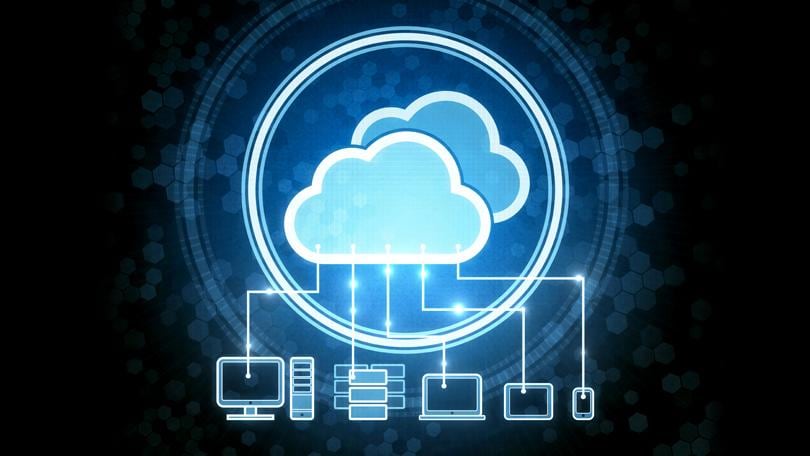How do you protect millions of users surfing the web on the most targeted network in the world?
For the Department of Defense, that question keeps many planners up at night as they ponder how to answer cyberattacks that aim for users during internet browsing.
To address the issue, the Defense Information Services Agency has begun to consider the potential of cloud computing. A recent request for information by DISA explores the feasibility of an enterprise cloud-based internet isolation capability that “would provide defense against a variety of attacks that exploit DoD networks and compromise end clients.”
DISA envisions the enterprise cloud as able to “redirect the act of internet browsing from the end user’s desktop into a remote server” external to the department network. The isolation of all internet code execution in the cloud intends to prevent malware from entering the network through web use.
The idea of a cloud-based solution is nothing new to Scott Petry, Authentic8 CEO and co-founder. The Silicon Valley-based company offers Silo — a cloud browser designed to isolate web data, meaning a user is never exposing IP address or affiliation while utilizing it. Authentic8 currently provides service to more than 75 Federal agencies.
Petry believes the DoD would “be more secure and efficient if they kept all public web code off their network.“
A cloud browser does not allow “arbitrary web code enter the network and execute on the local device,” but rather “executes all web code on a remote host.” All rendered data is then “transformed into a known-safe, encrypted interactive display of the web session, providing immediate isolation from any web threats.”
The company claims everything executes remotely, even cookies. Only an encrypted display is received because the browser “runs on our servers, not your devices” to isolate online users from threats.
DISA will accept RFI responses until June 29 and then decide on the merits of a possible foray into cloud computing. But for Petry, the decision remains a no-brainer.
“Cloud browsers,” he insists, “are now something any organization concerned with online security must consider.”
Andrew is a student in the class of 2020 at the University of Notre Dame.
More In








